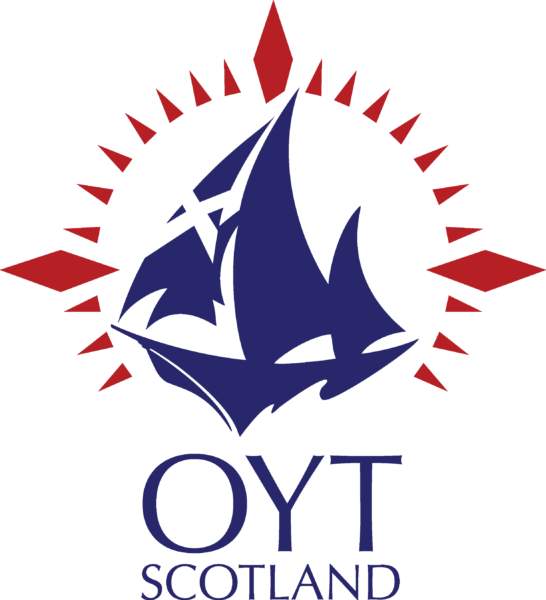OYT Scotland is committed to eliminating discrimination and encouraging diversity amongst our staff, volunteers, members, service users and other stakeholders.
RESPONSIBILITIES
All managers
Managers are responsible for promoting this policy and ensuring it is understood and complied with by all volunteers, dealing with breaches and complaints (whether reported or not) seriously, speedily, sensitively and confidentially and contributing ideas for the advancement of diversity principles within the organisation. Managers are expected to be proactive in identifying circumstances in which elements of the policy can benefit individual volunteers, and encourage and support volunteers in making use of such benefits.
All volunteers
At all levels of the organisation, including trustees, volunteers are expected to have read and understood this policy, to ensure that they behave in accordance with its principles and requirements.
Conduct and general standards of behaviour
All volunteers are expected to conduct themselves in a professional and considerate manner at all times. OYT Scotland will not tolerate behaviour such as:
- Making threats
- Physical violence
- Shouting
- Swearing at others
- Rudeness
- Isolating, ignoring or refusing to work with certain people
- Telling offensive jokes or name calling
- Displaying offensive material such as pornography or sexist / racist
- Cartoons, or the distribution of such material via email / text message or any other format
- Any other forms of harassment and victimisation.
OYT Scotland encourages volunteers to resolve misunderstandings and problems informally wherever possible, depending on the circumstances.
However, whether dealt with informally or formally, it is important for a volunteer who may have caused offence to understand that it is no defence to say that they did not intend to do so, or to blame individuals for being over sensitive. It is the impact of the behaviour, rather than the intent, that counts, and that should shape the solution found both to the immediate problem and to preventing further similar problems in the future.
This policy will be reviewed not less than once a year or more regularly if we identify any non-compliance or problem or in the light of emerging legislation or best practice that could impact on this policy.
REFERENCES
Current equality legislation and associated codes of practice include but are not limited to, the following:
- Equal Pay Act 1970.
- Sex Discrimination Act 1975 (as amended).
- Race Relations Act 1976 (as amended).
- Disability Discrimination Act 1995 (as amended).
- The Employment Rights Act 1996.
- The Human Rights Act 1998.
- The Work and Families Act 2006.
- Employment Equal Treatment Framework Directive 2000 (as amended).
- Employment Equality (Sexual Orientation) Regulations 2003.
- Employment Equality (Religion or Belief) Regulations 2003.
- Civil Partnership Act 2004 (as amended).
- Employment Equality (Age) Regulations 2006.
- Equality Act 2010
